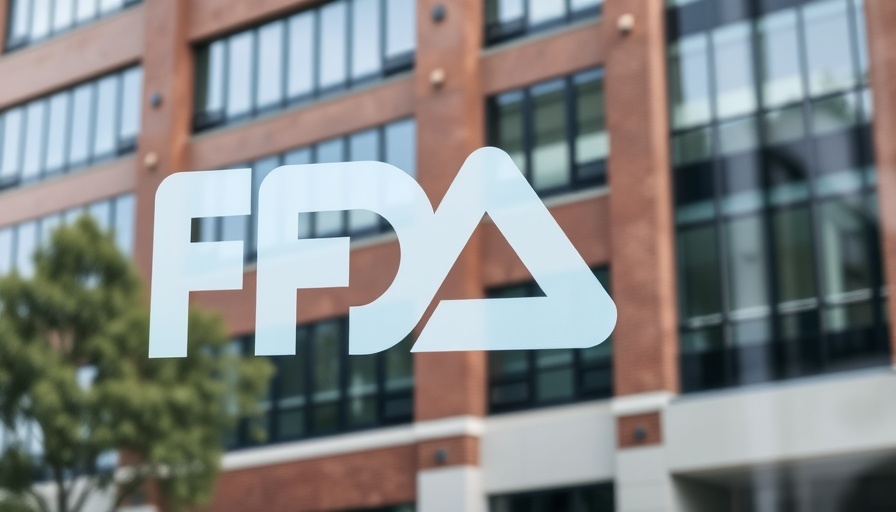
The FDA's Shift in Telework Policy: A Response to Crisis
The recent decision by the Food and Drug Administration (FDA) to allow some of its employees to resume telework is a significant move in the face of ongoing workforce challenges. As highlighted in an internal correspondence, this shift comes on the heels of substantial layoffs and resignations that threaten the agency's core functions, particularly the approval of new medicines. Amid rising concerns that the operational efficiency of the FDA is at risk, accommodating remote work seems to be a necessary adaptation.
Understanding the Workforce Challenges
The FDA has been navigating turbulent waters, with layoffs affecting over 15% of its workforce, resulting in the departure of critical staffers responsible for regulatory reviews. The recent cuts have sparked fear among employees, with reports of many “pouring” out of the agency due to job insecurity and new management decisions. Former FDA Commissioner Dr. David Kessler has criticized the layoffs as “devastating” and indicative of a chaotic workforce overhaul under current leadership.
Financial Implications of Layoffs on FDA Operations
Nearly half of the FDA’s budget is funded by user fees from the industries it regulates, which include pharmaceuticals, devices, and tobacco. Without a sufficient workforce, the continued viability of this funding model is in jeopardy. The system relies on the agency’s ability to provide timely reviews of new products, meaning layoffs could impede the FDA's revenue streams, further complicating its financial situation.
Historical Context: The FDA’s Evolving Role
The FDA's function has expanded dramatically since its inception, from mere food safety policing in the early 1900s to its pivotal role in the approval of complex medical products today. Balancing public health and industry regulation is crucial for the agency's integrity. The recent staffing upheavals challenge its capability to maintain standards and public trust.
How Workforce Changes Impact Public Health
The implications of the recent layoffs and policy reversals extend beyond the agency itself. The FDA's ability to swiftly review and approve innovative treatments is vital for public health, particularly in the wake of global health crises where timely access to safe medicines can save lives. This concern is heightened given that current global health challenges demand an agile and responsive FDA.
The Future of FDA’s Operational Strategy
Looking ahead, the FDA’s operational strategy must adapt to the realities of a constrained workforce and evolving healthcare demands. The new telework policy may offer temporary relief, but without addressing the core issues of funding and staffing stability, the agency could struggle to regain its footing. It remains to be seen if the current administration will take necessary steps to ensure the FDA can fulfill its responsibilities effectively.
Public Reaction and Concerns
Community members from Davenport and surrounding areas should be concerned about the direct impact of FDA operations on healthcare innovation, availability of new drugs, and the broader implications for public health outcomes. As stakeholders in the healthcare ecosystem, understanding these developments is crucial. Public advocacy for stable funding and effective policy is essential to ensure ongoing access to safe and effective healthcare products.
Action Steps for Community Engagement
For homeowners, renters, and local community members, staying informed and engaged with public health discussions is vital. Advocating for policies that support a robust FDA can help influence the direction of healthcare in the area. Attend local meetings, engage with health organizations, and stay updated on FDA reforms that affect health innovations in their communities.
 Add Row
Add Row  Add
Add 






Write A Comment